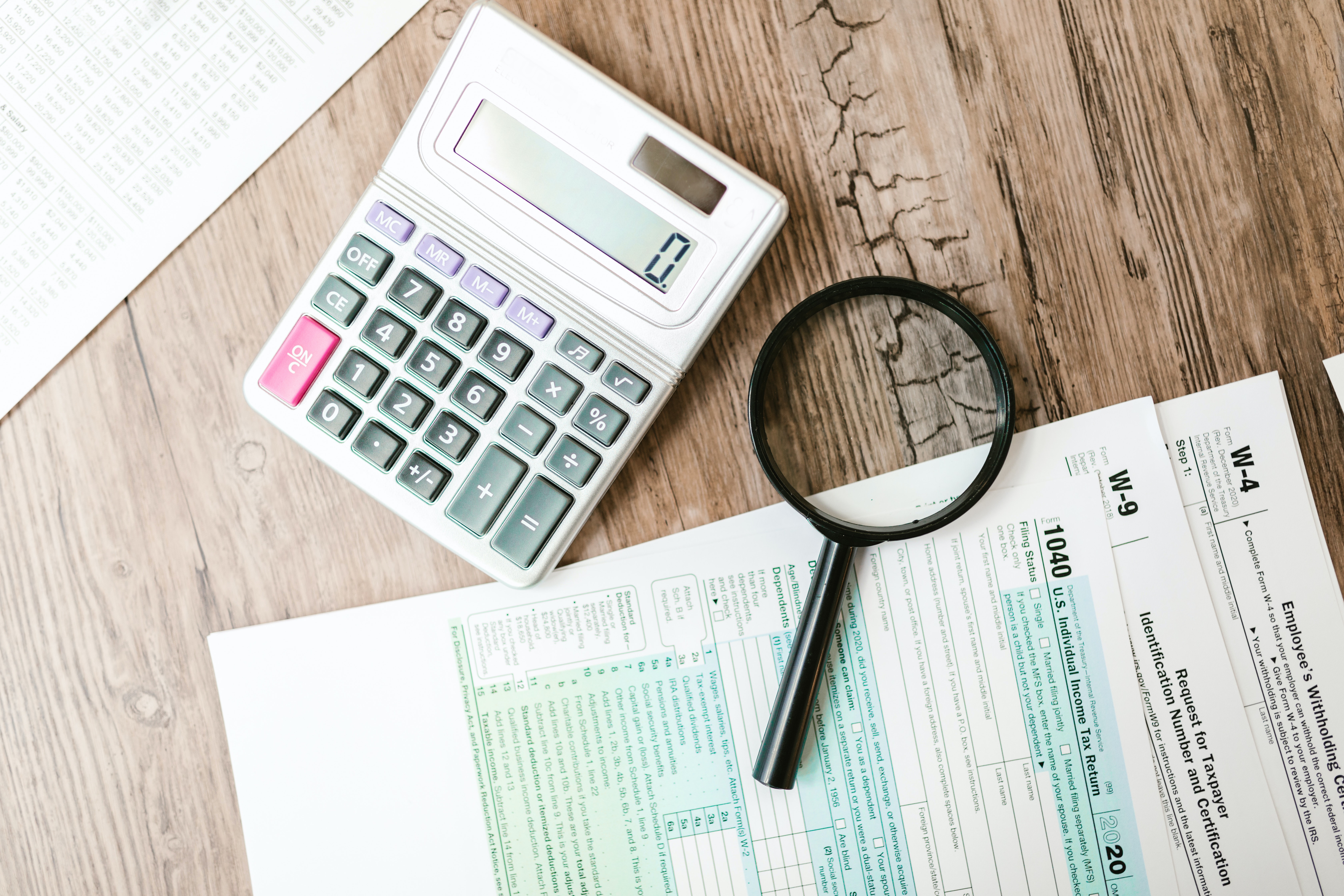

Home Purchase
Property Taxes: Everything You Need to Know
Property taxes are taxes paid on property owned by an individual or someone else, potentially a corporation or business. Local governments raise money through property taxes to provide important public services in the community. When your local government sends someone to fix that pothole in your neighborhood, it could be your property tax dollars at work! A good chunk of the money collected from property taxes goes to your local police and fire departments, the schools your kids attend, and the maintenance of the roads you drive on.
Everyone who owns property must pay property taxes. Makes sense, right? If you're a homeowner, that includes you! Even if you own other types of properties (like farmland you inherited from your parents or a rental property), you'll pay property taxes on those too.
Let’s Look at All the Details of Property Taxes:
What Are Property Taxes?
Local governments raise money through property taxes to provide important public services in the community. When your local government sends someone to fix that pothole in your neighborhood, it could be your property tax dollars at work! A good chunk of the money collected from property taxes goes to your local police and fire departments, the schools your kids attend and the maintenance of the roads you drive on.
Why Do We Have Property Taxes?
Property taxes are the government's way of funding public endeavors such as public schools, police and fire personnel, road maintenance, and community sites such as libraries and parks. Without property taxes to help keep these amenities running, they wouldn’t be able to function.
How Are Property Taxes Determined?
When your taxes are calculated you only need to remember one number, 35%. You pay 35% of the appraised value which is better known as the assessed value. Think of this in easy numbers. If your home has an appraised value of $1,000,000, then you would only pay taxes on the assessed amount of $350,000.
Statistics found at https://www.greenecountyohio.gov/DocumentCenter/View/23348/Understanding-Real-Estate-Taxes-in-Ohio?bidId=#:~:text=You%20pay%20tax%20on%20the,Taxable%20Value)%20is%20only%20%2435%2C000.
What Are the Penalties of Not Paying on Time?
If you don’t pay your taxes on time or your taxes become delinquent, you could lose your home through a tax foreclosure, so make sure you pay on time!
Property taxes are essential to the success of a community and can be beneficial to you as a homeowner. If you have any questions, please contact Union Home Mortgage Servicing at 1-800-441-3456.
What Do I Do About My Property Taxes?
Property taxes are established and sent by your district/county. If your loan is set up for an escrow account for your taxes, Union Home Mortgage will receive a bill as well and will be making the payment on your behalf from your escrow account. If your loan is not set up for an escrow account for your taxes, you will be responsible for paying your property taxes.
To view your latest tax disbursement, go to http://www.uhm/myaccount.com.
When Do I Get My Property Tax Bill?
Due dates for your property tax bills are set by your county. To determine your next due date, check out your county website.
Why Am I Receiving a Property Tax Bill Even If I Have an Escrow Account?
You may receive a property tax bill even if you have an escrow account for your taxes on your loan depending on your county/district. If your loan has a tax escrow account, Union Home Mortgage will receive a copy as well.
Have Questions About Your Escrow Account or How to Set One Up?
Contact us at uhmservicing@uhm.com or call 1-800-441-3456 for more information!
Union Home Mortgage cannot provide tax advice. Please contact your tax/financial advisor for any tax-related questions.

